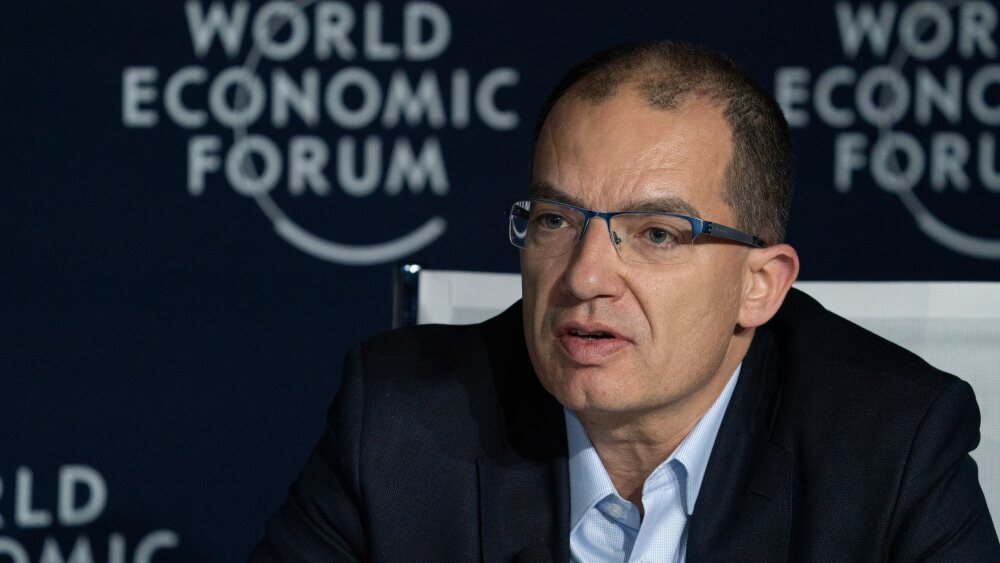November 17, 2014
By Riley McDermid, BioSpace.com Breaking News Sr. Editor
Today’s results from Merck and Co., Inc. that showed its drug Zetia works could have wide-ranging implications for cholesterol lowering drugs on the market and in development, said ISI Group biotech analyst Mark Schoenebaum on Monday.
Merck released the results of the IMPROVE-IT study for Zetia (ezetimibe) today, with data that showed conclusively that the drug lowered the risk of heart attacks and strokes in high-risk heart patients when used with an effective statin.
That will give both Zetia and Merck’s other low cholesterol drug Vytorin, which combines Zetia with its now-generic statin simvastatin, a major boost going forward, said Schoenebaum.
“We believe with a victory in IMPROVE-IT today, doctors might look more favorably on Zetia and may be more likely to start and/or at least less likely to stop the drug in patients who are unable to tolerate high dose statins or are not reaching goal on statins,” he wrote in a note to investors.
“In addition, doctors may be more willing to consider Zetia as an option in their statin intolerant patients,” he said. “Therefore, we expect that (although the patent for Zetia expires in 2017) today’s news should at the worst slow the decline in Zetia/Vytorin sales over the next couple of years.”
Other competitors in the same field, including PCSK9 inhibitors like Amgen ’s evolocumab, Regeneron Pharmaceuticals, Inc. ’s alirocumab andPfizer Inc. ’s bococizumab, should benefit from positive IMPROVE-IT data that reaffirms the LDL lowering hypothesis. Schoenebaum said it could also boost the probability of their FDA approval without a need for outcomes data.
“In addition, that Zetia would provided a cardiovascular benefit despite modest LDL lowering on top of statins, should increase the probability that the outcome trials for the PCSK9 inhibitors should also hit their primary endpoint,” he wrote.
Patients adverse to injectables might wind up choosing Zetia, and oral pill, instead, he said.
“In the end, the degree of cardiovascular benefit that PCSK9 inhibitors can show in their outcome trials will probably rule the day but on the margin a thought to consider,” said Schoenebaum.
Other LDL lowering drugs (including ESPR’s ETC-1002) may see a boon because the IMPROVE-IT success reaffirms the LDL hypothesis and implications for future regulatory approval and outcomes studies, but they will still need to standout.
“But the positive data today for Zetia does make future generic Zetia a drug from which other non-statin drugs will likely need to commercially differentiate themselves,” said Schoenebaum.





